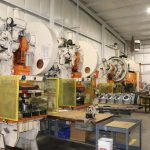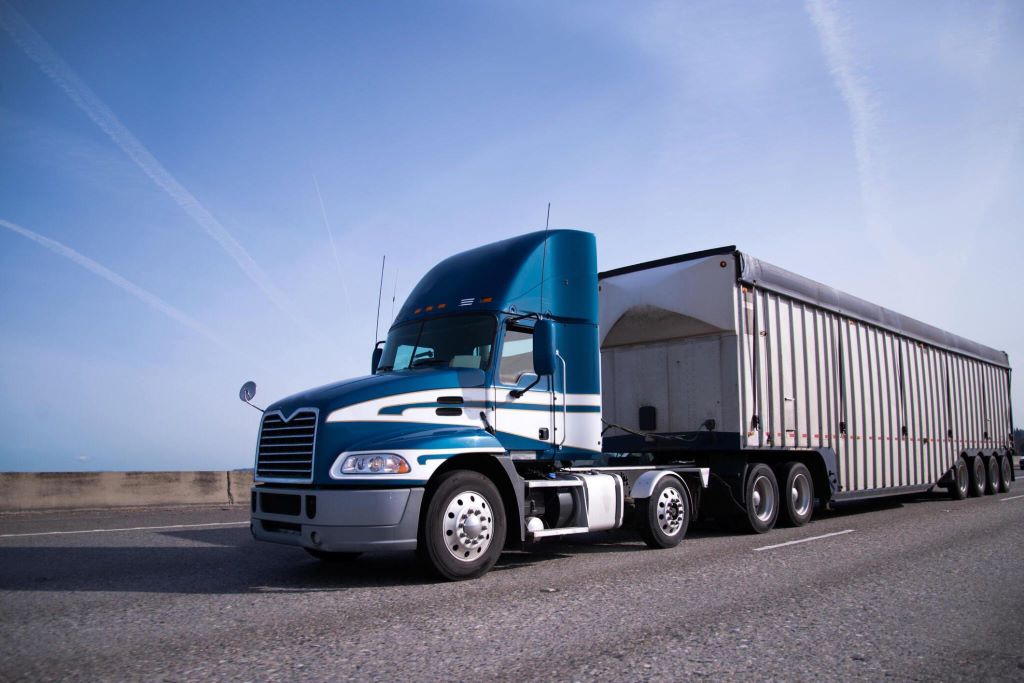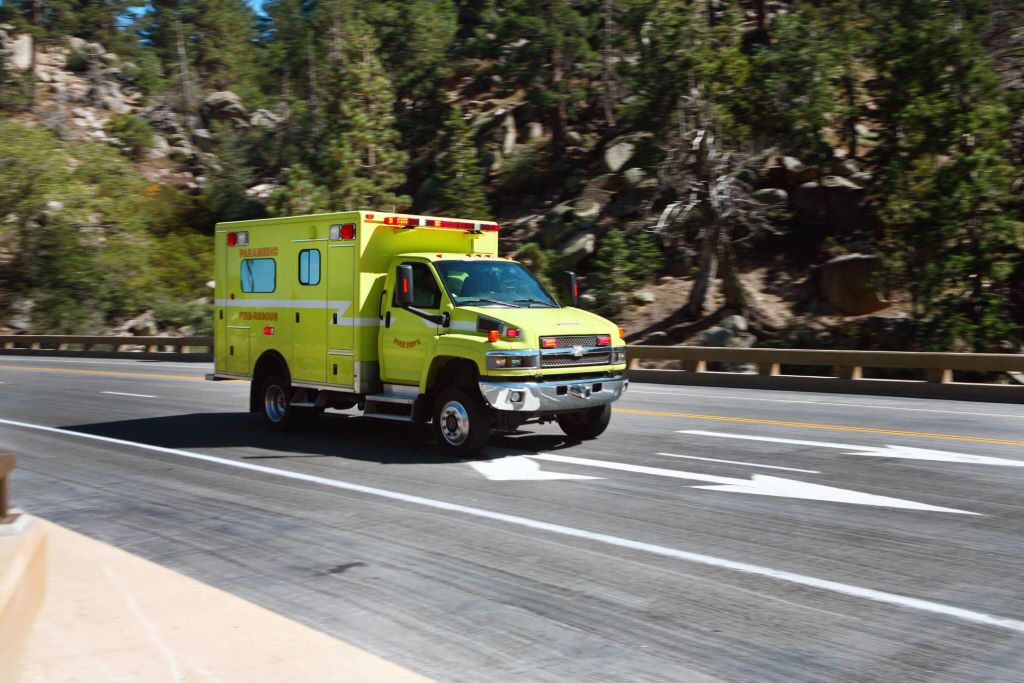What is pilot car
Responsibilities of Pilot Cars
Pilot car drivers undertake a range of responsibilities to ensure the smooth and safe transportation of oversized loads:
- Route Planning: Before embarking on a journey, pilot car drivers meticulously plan the route. Identifying potential hazards, obstacles, and clearance issues. They work closely with transport planners and authorities to select the safest and most efficient path for the oversized load.
- Clearing the Route: During transit, pilot cars clear the route ahead of the oversized load, ensuring that traffic is safely diverted and obstacles are removed or avoided. They communicate with motorists, pedestrians, and law enforcement to facilitate the smooth passage of the convoy.
- Providing Warning and Guidance: Pilot cars use a variety of warning devices, such as flashing lights, signs, and flags, to alert other road users to the presence of the oversized load. They provide guidance and assistance to the driver of the transport vehicle, especially in navigating tight spots or complex intersections.
- Monitoring the Load: Throughout the journey, pilot car drivers continuously monitor the oversized load to ensure that it remains secure and undamaged. They report any issues or concerns to the transport company or authorities, taking necessary action to prevent accidents or delays.
Regulations Governing Pilot Car Operation
The operation of pilot cars is subject to strict regulations and guidelines to ensure the safety of the public and the integrity of the transportation process:
- Licensing and Certification: Pilot car drivers must hold valid licenses and certifications to operate legally. These credentials demonstrate their knowledge of relevant laws, regulations, and safety procedures. Additionally, pilot car companies must comply with state and federal regulations governing the operation of oversized loads.
- Vehicle Requirements: Pilot cars must meet specific requirements regarding size, weight, and equipment. They are equipped with red lights, flags, signs, and communication devices to fulfill their role effectively. Regular maintenance and inspections are necessary to ensure that pilot cars are in optimal condition for duty.
- Escort Procedures: Pilot car drivers adhere to standardized escort procedures to maintain consistency and professionalism. They follow predetermined protocols for route planning, communication, and interaction with other road users. Effective coordination and cooperation among pilot car drivers, transport companies, and authorities are essential for successful escort operations.
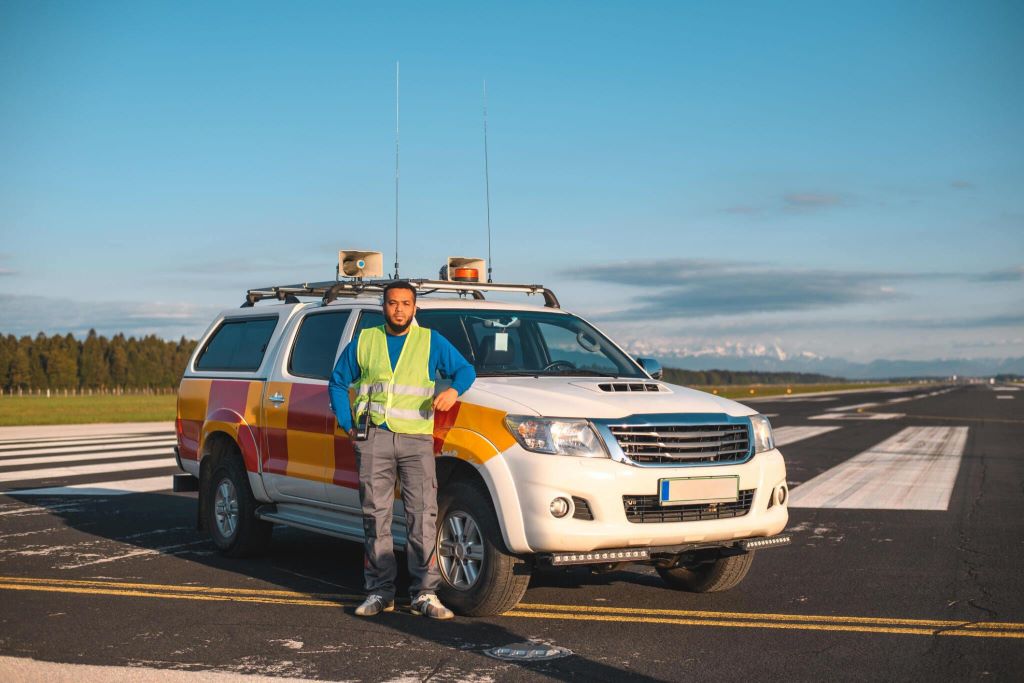
Benefits of Using Pilot Cars
The use of pilot cars offers numerous benefits to the transportation industry and the wider community:
- Enhanced Safety: Pilot cars play a crucial role in enhancing safety on the roads by alerting motorists to the presence of oversized loads and minimizing the risk of accidents or collisions. Their proactive approach to route clearance and hazard mitigation helps prevent potential hazards and ensures the smooth flow of traffic.
- Efficient Transport: By guiding oversized loads safely and efficiently, pilot cars contribute to the timely delivery of goods and equipment. Their expertise in route planning and navigation helps minimize delays and optimize the transportation process.
- Regulatory Compliance: Pilot cars ensure compliance with regulatory requirements governing the transportation of oversized loads. By adhering to licensing, certification, and operational standards, they help transport companies avoid fines, penalties, and legal complications.
- Customer Satisfaction: Transport companies and clients benefit from the peace of mind that comes with professional escort services. Pilot cars provide reassurance that oversized loads will reach their destinations safely and securely, fostering trust and loyalty among customers.
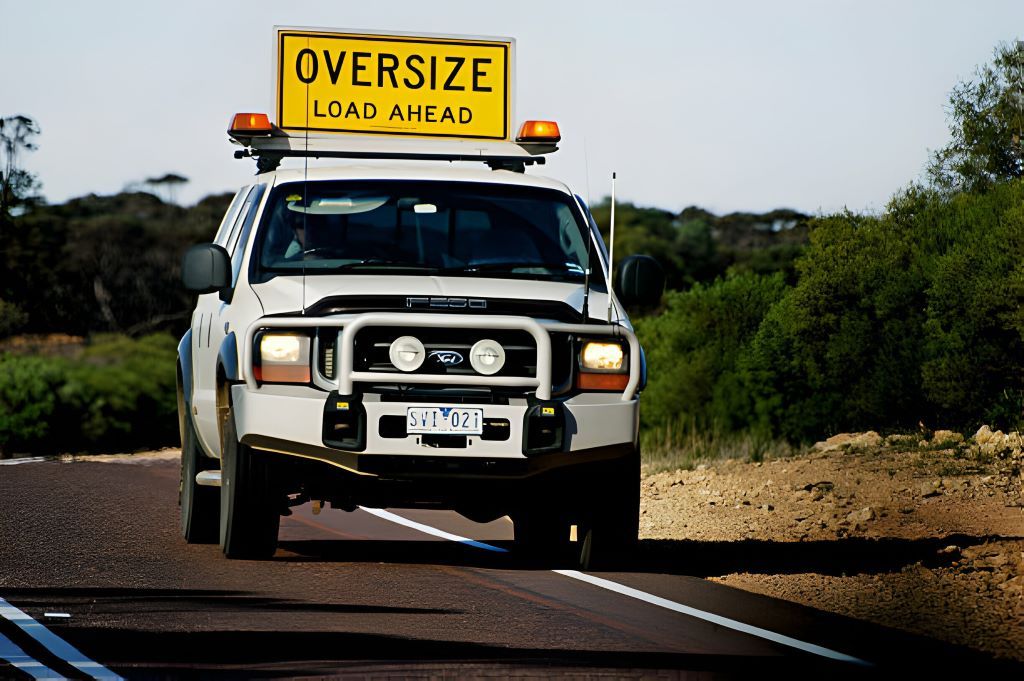
Conclusion
In conclusion, pilot cars play a vital role in the transportation of heavy machinery and equipment, guiding oversized loads safely and efficiently to their destinations.
Through careful route planning, clear communication, and proactive hazard mitigation. Pilot car drivers ensure the smooth flow of traffic in warning lights and the protection of both the cargo and the public.
By adhering to strict regulations and standards. Pilot cars contribute to the overall safety, efficiency, and reliability of the transportation industry.
As essential partners in the logistics process. Pilot cars continue to uphold the highest standards of professionalism and dedication, guiding the way for oversized loads across highways and roads worldwide.



